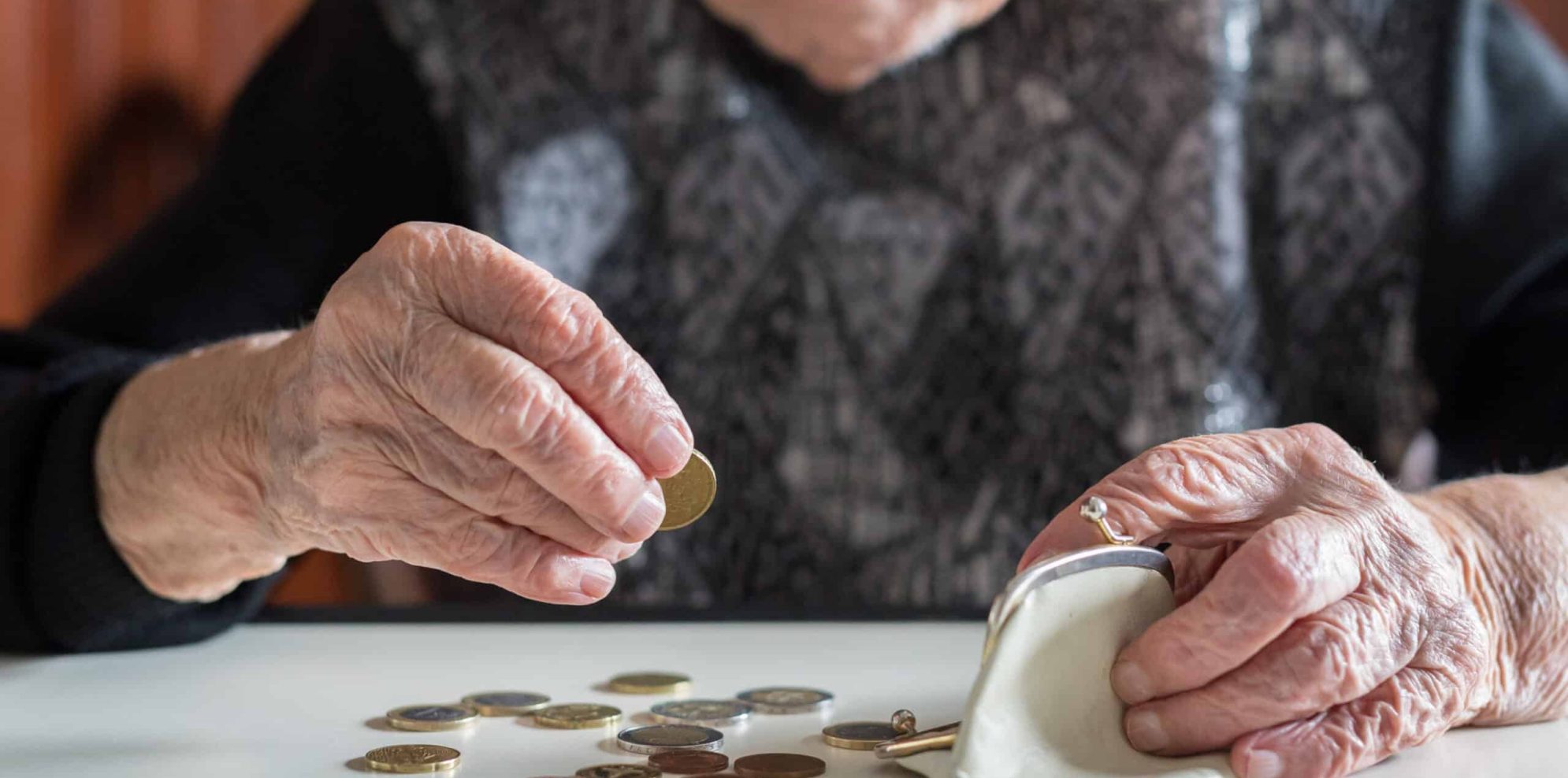LEAF’s Basic Income Project
Until all women and gender diverse people have equitable access to good quality and affordable education, health services, food, clothing, and housing, gender equality will not be achieved. Until all women and gender diverse people are not disproportionately poor, gender equality will not be achieved.
Gender discrimination intersects with other forms of oppression so that women living with multiple intersecting grounds of oppression are overwhelmingly poor: 36% of First Nations women (living off reserve); 33% of women who are visible minorities; 33% of women with disabilities; and 20% of women who identify as immigrants.
LEAF works hard to address poverty issues and to call attention to how discrimination against women serves to make women even more poor. In 2020-2021, we explored the potential of a basic income to address gender inequality from an intersectional lens.
Learn more about Basic Income and LEAF’s Basic Income Project below.
What is a Basic Income, and Why Now?
A basic income program is a social assistance program that ensures a minimum income level for all members of society, regardless of employment status.
The pandemic brought long-existing racial and gender inequalities to the forefront, as women and gender diverse people have been forced onto the front lines of essential work – such as healthcare, caregiving, cleaning, and food provision. While the pandemic has highlighted how workers in these areas are essential to a healthy, functioning society, too many of these jobs are minimum wage and lack job security.
As a result of working for too little pay in part-time and insecure conditions, women, and particularly Black, Indigenous, women of colour, as well as women with disabilities and migrant women, experience poverty at much higher rates than the general population.
While some women have been thrust onto the frontlines, many others have been forced out of the labour force all together. In the first months of the pandemic, 63% of the jobs lost in Canada due to COVID-19 were held by women. Racialized women lost their jobs at even higher rates. And as the economy re-opened, women did not return to work at the same rates as men.
When unemployment reached a record high due to COVID-19, many rallied around the concept of introducing a basic income program to ensure that everyone could meet their basic needs and live with dignity.
What is LEAF’s Basic Income Project?
With growing calls for a basic income that could address the gaps in Canada’s welfare state and redistribute wealth, LEAF set out to determine how a basic income would fare under an intersectional feminist analysis.
To answer this question, LEAF produced two companion reports: one focusing on disability and gender, and the other addressing the care economy.
Basic Income, Gender & Disability, authored by Sally Kimpson, a disabled woman and Critical Disabilities Scholar, calls for four essential features to be a part of any basic income benefit for women and gender-diverse disabled people. A basic income benefit (or targeted disability benefit) must: (1) use the Accessible Canada Act definition of disability; (2) be portable across provinces and territories; (3) ensure that the extraordinary costs of disability are covered; and (4) set allowable earnings exemptions at a generous level, with minimal clawbacks of earned income above maximum allowable earnings.
Read the executive summary and the full report of Basic Income, Gender & Disability here.
Basic Income & The Care Economy, authored by Cee Strauss, LEAF Staff Lawyer, calls for the federal and provincial/territorial governments to work together to implement a basic income program, but only if it is accompanied by three other components of care economy infrastructure: (1) high-quality, affordable, accessible public care services; (2) increased labour protections and compensation in paid caregiving work and other gendered occupations; and (3) a shift in workplace norms to allow for flexibility and part-time work arrangements without significant financial penalty. Without these elements in place, LEAF does not support implementation of a basic income, as it would risk entrenching gendered economic and social inequality.
Read the executive summary and the full report of Basic Income & The Care Economy here.
LEAF’s Basic Income Advisory Committee members included (in alphabetical order):
Debbie Douglas, Margo Greenwood, Janine Jan, Kerri Joffe, Elizabeth (Mandy) Kay-Raining Bird, Devorah Kobluk, Shalini Konanur, Kathleen Lahey, Raji Mangat, Shiva Mazrouei, Katherine Scott, Shalini Sharma, Wanda Wiegers, and Maryth Yachnin.
The Chair of the Committee was Cee Strauss.
To support our work to protect the equality rights of women, girls, and gender diverse people, please consider donating today.
LEAF’s Basic Income Project was supported by:
The Government of Canada’s Emergency Community Support Fund and Toronto Foundation
The Canadian Bar Association’s Law for the Future Fund
The Canado Foundation



